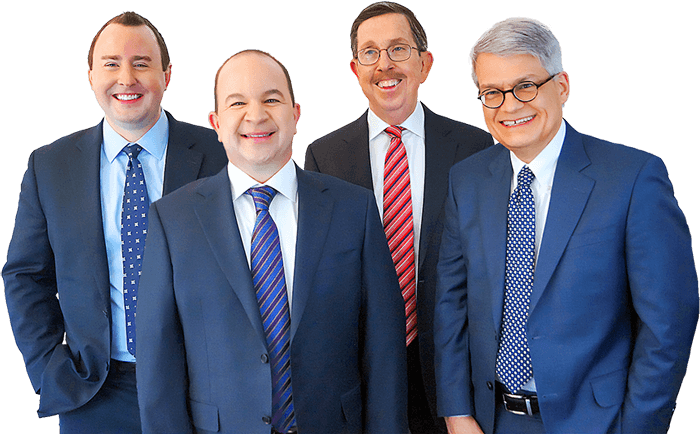Did Hospital Negligence Cause Your Injuries?
What would happen if someone handed a set of car keys to an intoxicated person, or a security guard allowed a known violent criminal into an apartment building, and his or her actions contributed to an injury or death? Many would say those people should be held accountable for their negligence and disregard for the safety of others.
How about when a hospital is inadequately staffed, employees are not properly supervised or employees are not held accountable for their performance? At Tremont Sheldon P.C., we believe that when hospital negligence results in injury or death, the hospital needs to be held accountable. If you or a loved one has suffered harm, you can rely on our Connecticut hospital negligence lawyers to identify your rights and maximize your compensation.
Examples of Hospital Negligence
Hospitals are responsible for everything that goes on in their facilities, and they are held to strict standards by federal and state laws. Common incidents of hospital negligence include:
- Not having safety procedures in place
- Failure to properly train employees
- Failure to conduct background checks on prospective employees
- Failure to maintain equipment and the negligent actions of hospital employees
Who Is Responsible for Your Injuries?
There are complex issues involved in hospital negligence, such as determining whether a negligent person meets the qualifications for being an employee of the hospital in question. In most cases, a hospital can be held responsible for the actions of professionals such as nurses, nurse’s aides, physician’s assistants and technicians. Determining whether a doctor is a hospital employee can be more complicated.
Our attorneys can examine the facts of your situation and steer you in the right direction, whether that results in pursuing a malpractice lawsuit against the hospital, a claim against your doctor or both.
We Are Here to Help. Contact Our Firm.
We have dedicated our practice to helping injury victims maximize their recovery for damages such as medical bills, pain and suffering, and lost wages. If you or a loved one has been hurt due to negligence at a hospital or medical center, call 203-212-9075 or contact us online for a free initial consultation.

